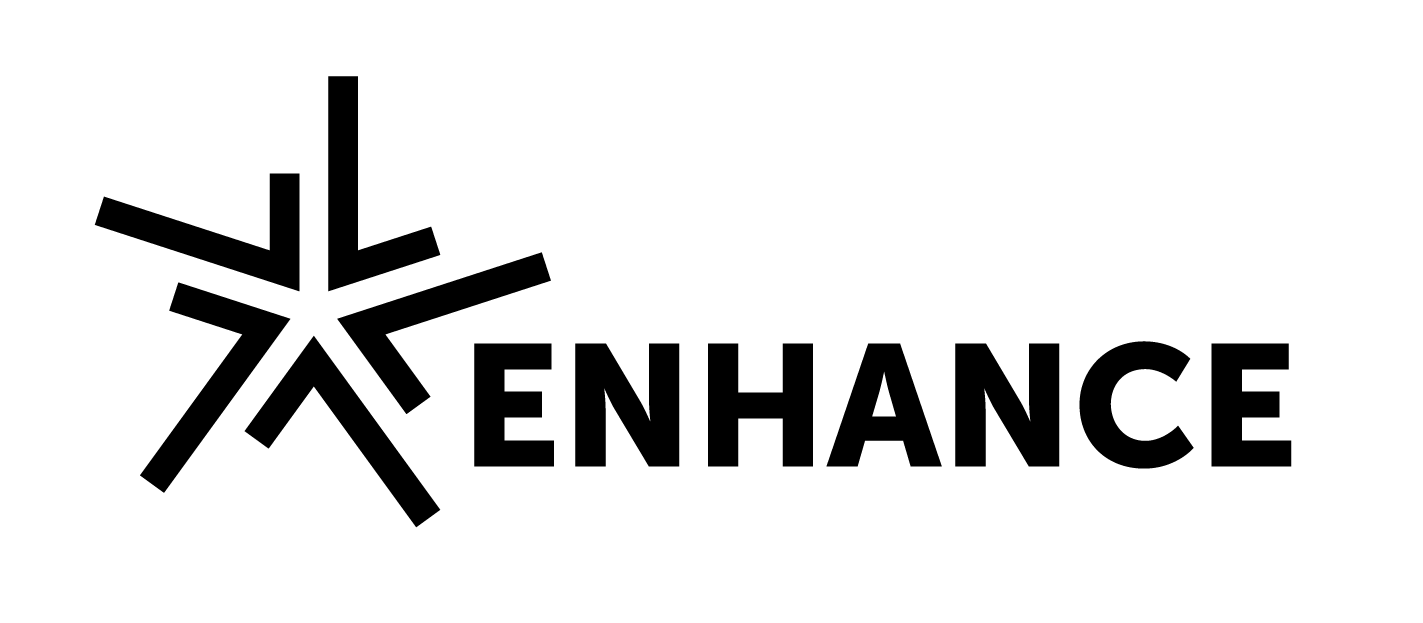Andrzej Krasniewski, Professor, ENHANCE WP 3 \”Society-centred Education\” Coordinator, Warsaw University of Technology
Warsaw, Poland
An essential part of the ENHANCE joint educational offer will be micro-credentials. There are many different concepts and definitions for micro-credentials. Speaking somewhat informally, a micro-credential is a small volume of learning certified by a credential that acknowledges a person’s specific learning outcomes or competences. Micro- or nano-degrees, certificates, digital badges are examples of micro-credentials.
At ENHANCE, we see micro-credentials as a means to make our educational offer more flexible and thereby attract more diverse groups of learners, including non-traditional students seeking to change or update their skills portfolio and actively engage with new technologies. Offering such short forms of learning would, therefore, be a way to respond to the needs of society and part of our societal mission.
The ENHANCE micro-credentials will initially be offered as certified short courses focusing on digital transformation and transformation for the green economy. Their format and thematic scope will, however, be gradually extended based on the experience gained. They will be developed jointly with partners from industry, local governments and non-profit organizations, so that to meet the needs of various stakeholders. Some of our associated partners – industrial companies have already declared their will to support our efforts to develop and promote micro-credentials.
For traditional students, micro-credentials will create an opportunity to achieve additional competencies, frequently beyond the major field of study, and have them formally certified. In particular, we are planning to award micro-credentials for service to society based activities intended to promote new technologies.
Taking short courses and other forms of education resulting in micro-credentials, offered by the Alliance universities in virtual or blended learning format, can also be seen as a measure to customize student education pathways and provide them with international experience to move towards 100% (physical or virtual) mobility objective.
A year ago, at the time we were working on the ENHANCE proposal, there were many doubts regarding micro-credentials and their suitability to the joint education strategy of the Alliance. However, with each month, it has become more and more obvious that betting on micro-credentials has been the right decision. The key European policy documents relevant for universities published in 2020 explicitly support the development and implementation of micro-credentials. The European Commission expressed such a support in the European Skills Agenda released in July, and later in the Communication on the European Education Area and Digital Education Action Plan launched in September. In November, in the Communiqué of the Bologna Process Conference, ministers responsible for higher education also endorsed the idea of micro-credentials.
This positive attitude towards micro-credentials and their potential as part of the joint educational offer of our Alliance dominated the latest discussion of the expert group working on the “Society-centred education”. At the same time, it has become clear that a collection of micro-credentials is not a substitute for a Bachelor’s or Master’s programme, but is rather a valuable addition to the university degree. The experts have also exchanged views on a template for ENHANCE micro-credentials. It should comply with the emerging European standards and, at the same time, be flexible enough to allow for the development of various types of micro-credentials which would be attractive for a wide spectrum of traditional and non-traditional students, not limited to students of the Alliance universities.



